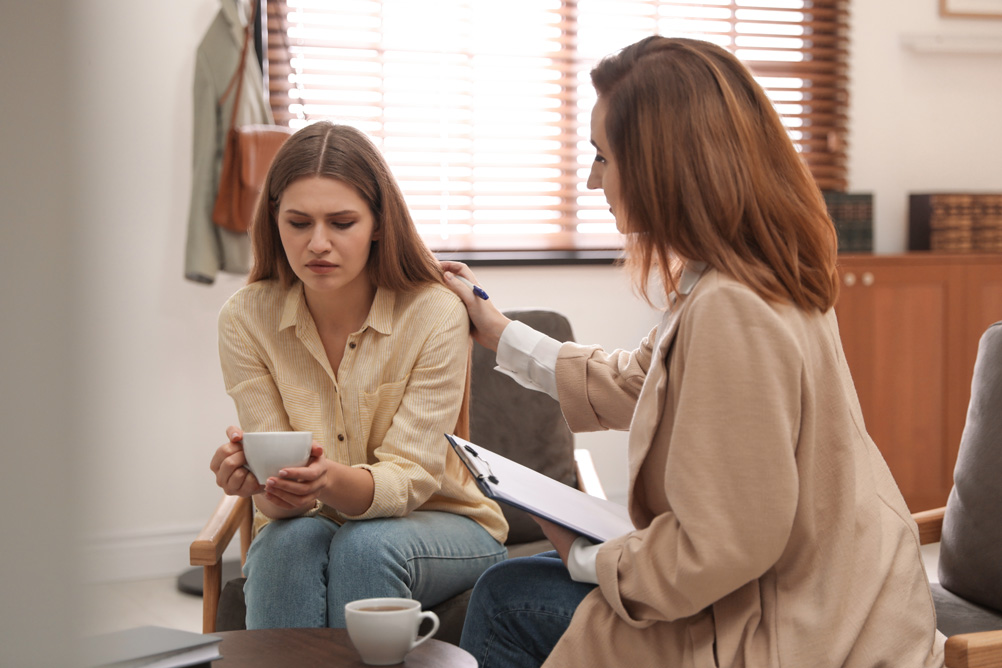Sometimes, an event or a period in a person’s life can be so harmful to their psyche that it causes long-term behavioral and emotional problems. These issues result from trauma, and they don’t go away on their own. You don’t want your loved one to suffer, so check out this guide on trauma-reactive behaviors to learn how to identify trauma.
What Is Emotional Trauma?
Emotional trauma happens when a person endures an extremely stressful experience and can’t psychologically cope with the experience healthily or productively. While most people can brush off mildly stressful events, some experiences are so horrifying that they result in deep emotional scarring. People who suffer from unprocessed trauma often engage in maladaptive behaviors to cope with the psychological burden of a traumatic period or event. Common sources of emotional damage include accidents, abuse, sickness, bullying, neglect, war, famine, and poverty.
What Are the Signs of Emotional Trauma?
Abnormal Habits
Trauma survivors commonly engage in unusual behaviors or avoid people, places, objects, and habits related to their trauma. For example, someone who suffered from food insecurity might feel incredibly uncomfortable eating in front of people, or they may stash a bunch of snacks in hiding places around their property even if food scarcity is no longer an issue in their life. While these habits may seem strange or illogical to an outside observer, they might feel like a matter of life and death to a trauma survivor. Remember, you should not mock or ridicule someone for these trauma-reactive behaviors. Instead, you must simply treat them with compassion and dignity.
Substance Abuse
Unprocessed trauma can significantly impede a person’s everyday functioning, and they may feel like they cannot escape their pain. For this reason, people who struggle with emotional damage are more likely to turn to unhealthy trauma-reactive behaviors such as drinking and using drugs to cope with their struggles. These substances may temporarily dull the effects of emotional scarring, but consistent abuse of drugs and alcohol will only cause more problems in the long run. This is why it’s so important to know how to identify trauma. If you can’t recognize your loved one’s suffering, then you will not be able to stop them from ruining their life.
Emotional Irregularities
Many people who suffer from emotional scarring have great difficulty opening up to people about the factors that led to their trauma. In some cases, they may seem colder or more distant than usual. Anxiety and panic attacks are also common reactions to unprocessed trauma, and most trauma survivors experience intense bouts of sadness and anger at seemingly random times.
What Are Some Ways To Cope With Emotional Trauma?
 Therapy and prescription medications are the most effective coping methods for emotional trauma. Certain medications can help trauma survivors manage their negative symptoms, and a therapist can teach them how to avoid triggers and develop practical coping skills. Popular coping strategies for trauma include breathing techniques, redirecting unwanted thoughts, yoga, and exercise.
Therapy and prescription medications are the most effective coping methods for emotional trauma. Certain medications can help trauma survivors manage their negative symptoms, and a therapist can teach them how to avoid triggers and develop practical coping skills. Popular coping strategies for trauma include breathing techniques, redirecting unwanted thoughts, yoga, and exercise.
How Can I Help a Loved One With Emotional Trauma?
Providing a sense of safety, comfort, and emotional support is the best thing that you can do for a loved one who suffers from emotional trauma. Although you may want to help them overcome their emotional damage, you likely don’t have the necessary knowledge or expertise to address their issues. Only a trained therapist can diagnose your loved one and help them develop the coping skills needed to live a happy life. Thus, you should encourage your loved one to go to therapy if you want to see their condition improve.
Don’t Let Trauma Weigh Your Loved One Down
Extreme circumstances can cause a person to engage in a wide range of self-destructive behaviors. You want your loved one to overcome their problems, without professional treatment, their struggles will only worsen. Suppose you want your loved one to enjoy a happier life. In that case, you need to contact Cypress leaked Recovery today to learn more.

